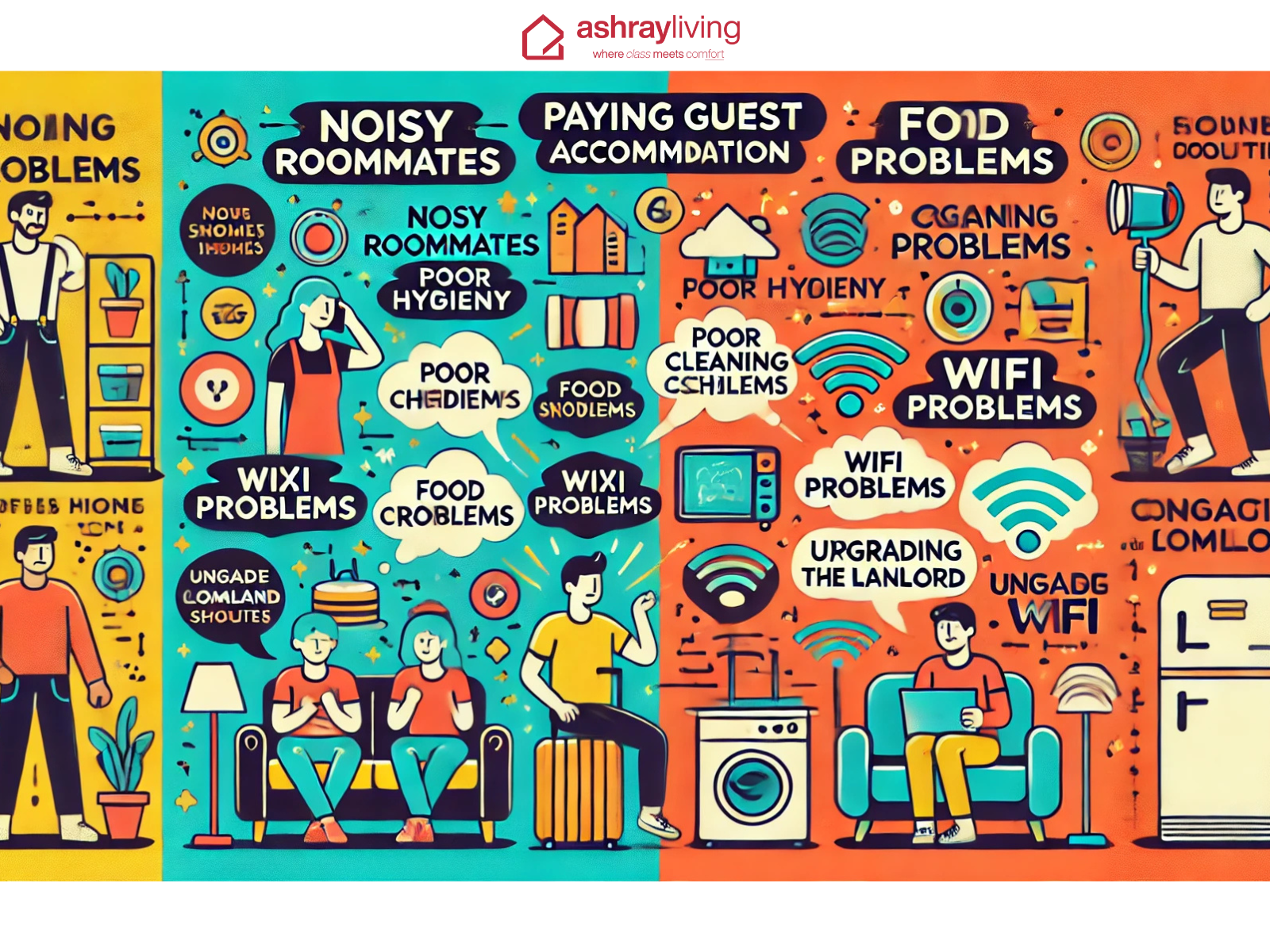
When you're headed to college, one of the first big decisions you'll have to make is where to live. For many students, the choice comes down to two main options: living in a dorm on campus or renting an apartment off-campus. Both options have their pros and cons, and one of the most important factors to consider is the cost. Let’s break down the financial side of each choice and help you decide what might be cheaper for you.
Living in a Dorm: Costs and Benefits
Dorms are often the first option that comes to mind for new college students. They’re located on campus, which means you’re close to all your classes, events, and activities. But how much does it cost?
Cost of Dorms:
- The price of dorms varies greatly depending on the college or university and the type of dorm. Typically, dorms range from $3,000 to $10,000 per semester.
- Dorms usually come fully furnished, including beds, desks, and storage space.
- Some dorms offer meal plans, which can cost anywhere from $500 to $3,000 a semester. This means your food costs are included in the price of living in a dorm.
Benefits of Living in a Dorm:
- Convenience: Dorms are located right on campus, so you’re never far from your classes, library, and student resources.
- Social Life: Living in a dorm is a great way to meet new people and be involved in campus activities.
- All-Inclusive Costs: Many dorms include utilities like electricity, water, and Wi-Fi in the price. You won’t have to worry about extra bills.
Disadvantages of Living in a Dorm:
- Limited Space: Dorm rooms are often small and shared with roommates.
- Lack of Privacy: You’ll have less personal space and fewer opportunities to make the room your own.
- Meal Plans: You may be required to purchase a meal plan, which can feel limiting, especially if you prefer cooking your own food.
Living Off-Campus: Costs and Benefits
On the other hand, living off-campus might offer a bit more freedom. Off-campus housing can range from apartments to houses, and the cost can vary depending on where the college is located.
Cost of Off-Campus Housing:
- Renting an apartment or house can cost anywhere from $500 to $2,000 a month, depending on the city, location, and size of the place.
- Utilities (water, electricity, gas, internet) are often separate from the rent and can cost an additional $100 to $300 a month.
- You’ll need to buy your own furniture and supplies, which can add up in the beginning. However, these costs are usually one-time expenses.
Benefits of Living Off-Campus:
- More Space and Privacy: Apartments tend to offer more space than dorms, and you don’t have to share a bathroom or common area with a dozen people.
- More Control: You have control over your own living space. You can cook your own meals, decorate as you like, and create a more personalized living environment.
- Cheaper for Multiple People: If you have roommates, splitting rent and utilities can make living off-campus much cheaper than living alone in a dorm.
Disadvantages of Living Off-Campus:
- Distance from Campus: If you live farther from campus, you’ll need to consider transportation costs, whether it's gas for a car or a bus pass.
- Additional Responsibilities: You’ll have to take care of things like grocery shopping, cooking, cleaning, and paying utilities. This can be a lot of work for first-time renters.
- Security Concerns: Off-campus housing may not have the same security features as dorms, such as on-site campus police or surveillance cameras.
Which Is Cheaper: Dorms or Off-Campus?
The cost difference between living in a dorm and living off-campus depends on several factors, including the location of the school, the type of dorm, and whether you have roommates.
When Dorms Might Be Cheaper:
- Inclusive Costs: If you’re required to buy a meal plan and the dorm includes utilities, the price may seem like a good deal, especially if you don’t want to deal with extra bills.
- Smaller Colleges: For colleges in small towns or rural areas, dorms may be the more affordable option since off-campus apartments can be expensive and harder to find.
When Off-Campus Housing Might Be Cheaper:
- Roommates: If you have a few roommates, you can split rent and utilities, which can often make living off-campus much more affordable.
- Larger Colleges or Urban Areas: In larger cities, the price of living in dorms can be quite high. In these cases, renting off-campus might be a more budget-friendly choice, especially if you're willing to live a little farther from campus.
Final Thoughts: What Should You Choose?
Ultimately, the decision between living in a dorm or off-campus comes down to your personal situation, preferences, and budget. If you want convenience, social opportunities, and all-inclusive pricing, a dorm may be the better option. However, if you prefer more privacy, space, and a bit of independence (and have roommates to share the cost), living off-campus could be cheaper in the long run.
Before making your decision, take a look at the costs, consider how much you value your privacy and convenience, and think about your lifestyle. Doing a little research on both options can help you make the best financial and personal choice for your college years.
Related Blogs








